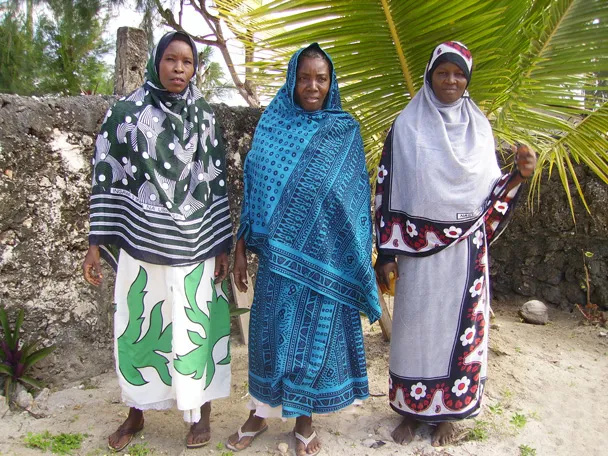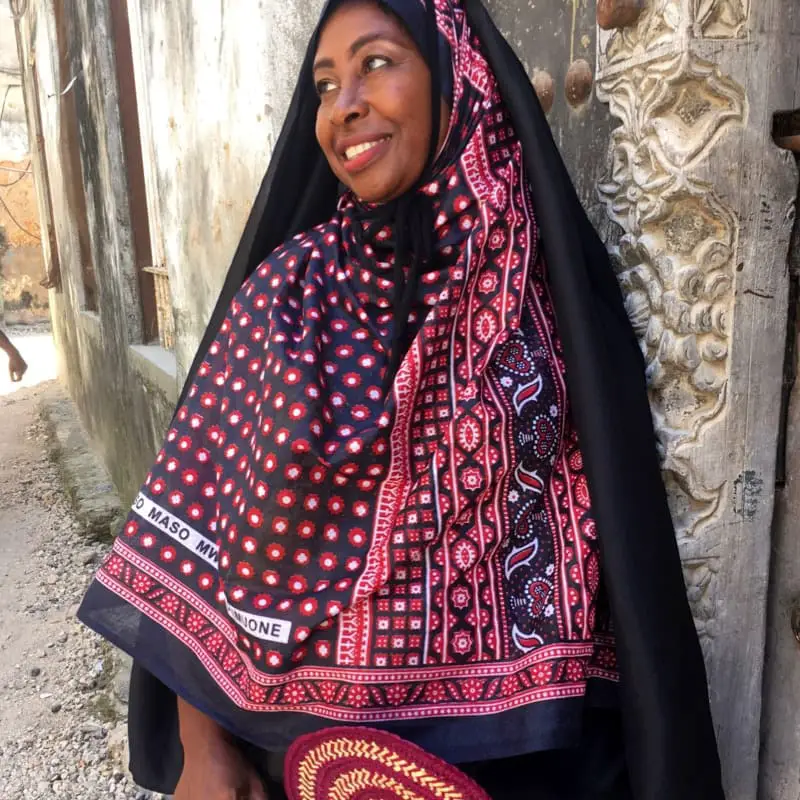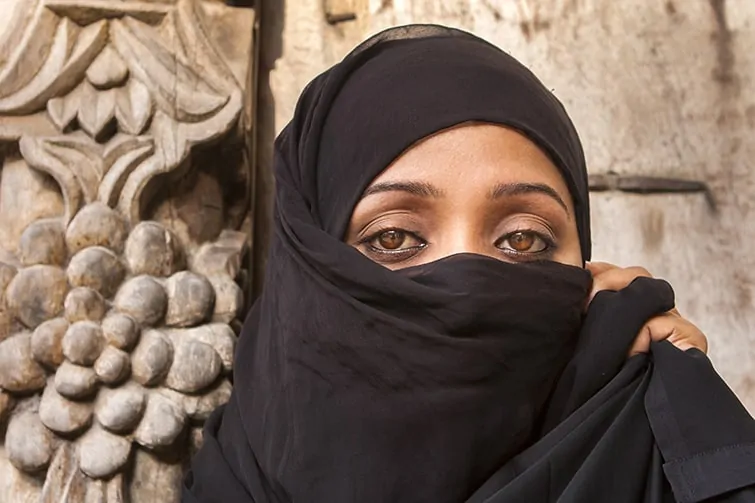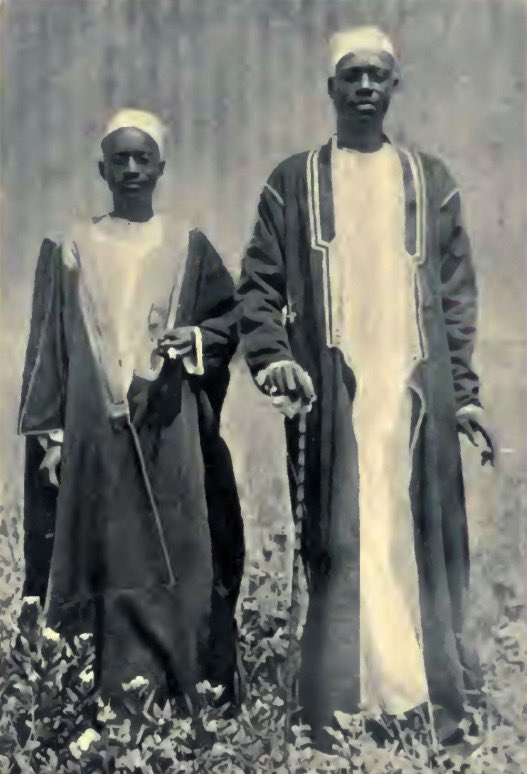Dress Code in Swahili
Dress code in Swahili is kanuni ya mavazi.
If there is more than one rule or regulation governing how one dresses, or you are talking about more than one dress code, this phrase can be made plural and then becomes kanuni za mavazi.
The Swahili word kanuni translates to ‘rule, regulation, doctrine, or norm’.
READ ALSO: Accurate Semi Formal for Ladies 2025
Table of Contents
Outfit in Swahili/Outfits in Swahili
An ‘outfit’ is not a concept that I have ever encountered in Swahili.
To speak of an outfit, you speak of mavazi, attire, and then maybe specify more about what special attire is being referred to.
READ ALSO: 6 Popular Type of Clothing Styles
Dress in Swahili Is Called/Dress in Kiswahili Is Called

Dress in Kiswahili is called nguo. Nguo can sometimes be a generic term for clothing/attire, though, so context is important.
If you would like to speak specifically of a long dress that is a bit dress-up, then the word to use is gauni (from the English word ‘gown’).
READ ALSO: Fashion in Swahili
Clothes in Swahili
Clothes in Swahili is simply mavazi or nguo.
READ ALSO: How to Express Costume in Swahili Accurately Today in 2025 & More
Attire in Swahili
The Swahili word for attire is mavazi, i.e., the way someone is dressed.
READ ALSO: Accurately, Jumamosi in English Today in 2025
Swahili Clothes/Swahili Dress Code for Ladies/Swahili Dressing



READ ALSO: How Exactly to Say Architect in Swahili Correctly in 2025
Swahili Dress Code for Men/Swahili Culture Dressing for Men/Swahili Men Attire

Swahili dress code for men is deeply rooted in the culture and traditions of the Swahili people, who inhabit the coastal regions of East Africa, including Tanzania, Kenya, and Mozambique.
The dress code typically emphasizes modesty and reflects a blend of African, Arab, and Persian influences due to the historical interactions through trade and migration.
Here are some key elements of Swahili dress code for men:
- Kanzu: The kanzu is a long, white or cream-colored robe that is a staple of Swahili men’s attire. It is similar to the Arab thobe or dishdasha. The kanzu is often worn for formal occasions, religious ceremonies, and daily wear by many Swahili men.
- Kofia: The kofia is a rounded, brimless hat, often embroidered with intricate patterns. It is commonly worn with the kanzu and is a significant part of the traditional Swahili attire, especially during religious and formal events.
- Buibui: Although more common among Swahili women, men sometimes wear a buibui, which is a loose overcoat, especially during cooler weather or for additional modesty.
- Kitenge: Kitenge is a colorful fabric that is often used to make shirts, trousers, and other garments. While it is more popular among women, men also wear kitenge outfits, particularly during special occasions like weddings and cultural celebrations.
- Sandals: Open-toed sandals made from leather or other materials are commonly worn by Swahili men. These are practical for the coastal climate and are often adorned with simple decorations.
- Accessories: Men might also wear simple accessories like beads or bracelets, but these are usually minimal compared to women’s jewelry.
The Swahili dress code emphasizes neatness and simplicity, with a focus on clean, well-maintained garments.
READ ALSO: Memorable Tatyana Ali 90s Shine
Photo Credits: Maison Udjuwa, U-Modo, Yoair Blog, Fumba Town Zanzibar, RobinBatista.com, Anka